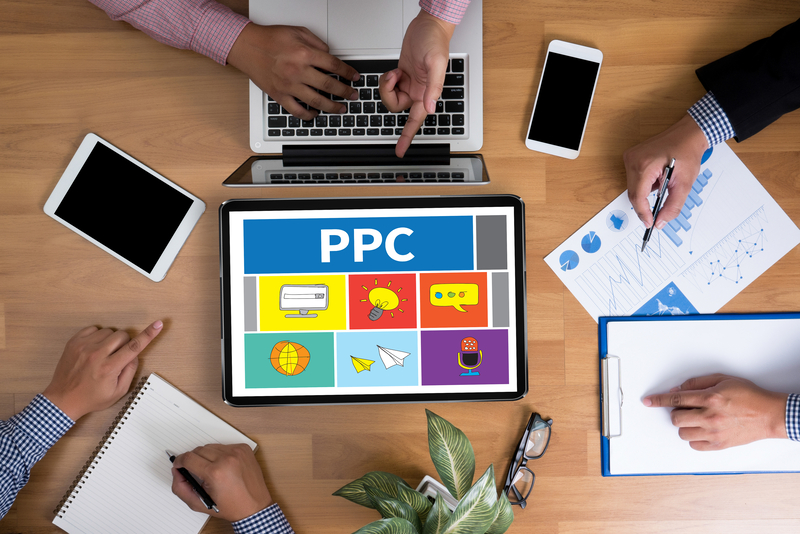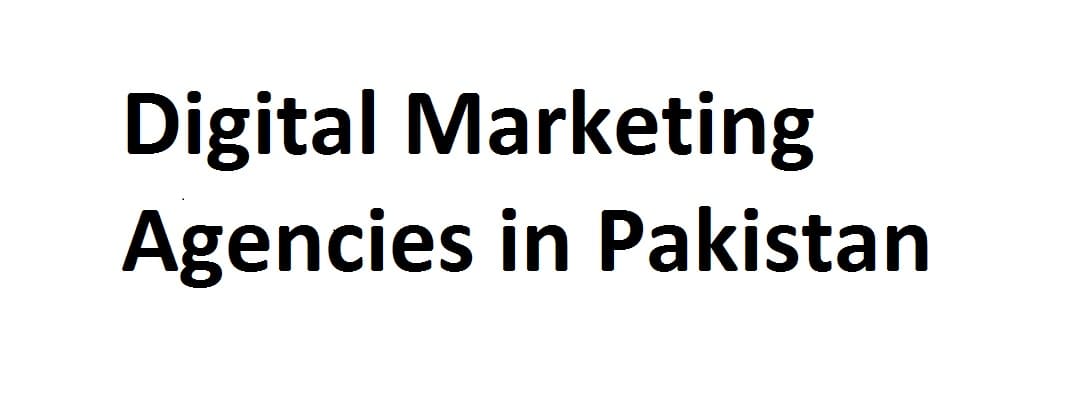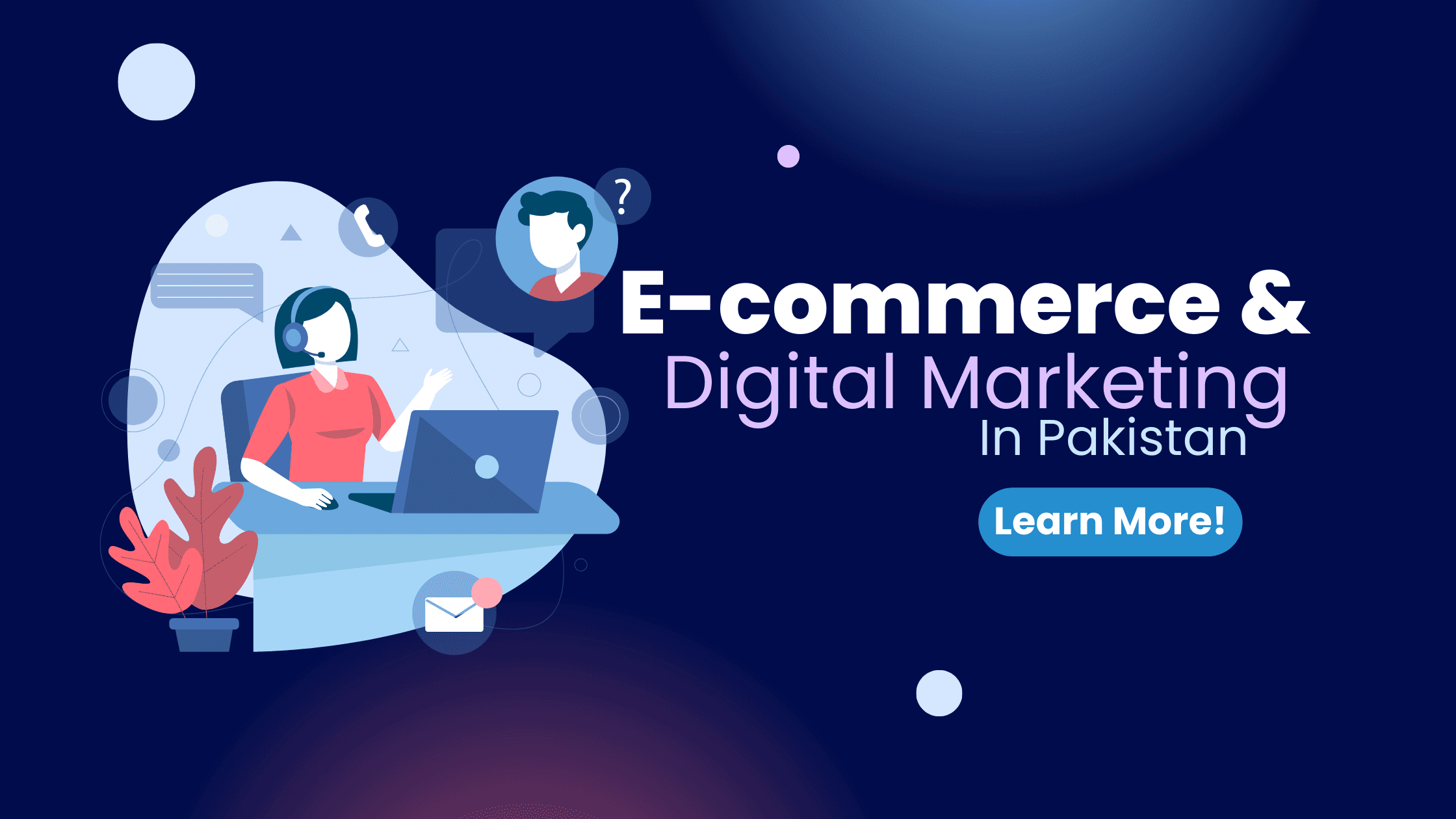It depends on your industry and competition, but you have full control over your budget. Welcome! Today, let’s talk about something that sounds technical but is quite straightforward once you get the hang of it: what is PPC in digital marketing?
If you’ve been trying to boost website traffic, increase sales, or get noticed faster, PPC might just be the answer you’re looking for. Let’s dive in!
Introduction
In today’s fast-paced online world, businesses need more than a good website to stand out. Digital marketing offers many tools, and PPC is one of the most effective.
You may have heard about it, but what exactly does it do? And why should businesses care? Let’s break it down together.
What Is PPC in Digital Marketing?
At its core, PPC stands for Pay-Per-Click.
It’s a type of online advertising where you pay each time someone clicks on your ad. Unlike traditional ads where you pay just to show your ad, PPC ensures you only pay for real engagement.
In short:
You bid for your ad to appear on search engines or websites, and pay when people actually visit your site.
How PPC Works
PPC runs on an auction system. Here’s how:
- You choose keywords relevant to your product or service.
- You set a bid (how much you’re willing to pay for a click).
- Search engines evaluate your bid along with your ad’s quality.
- Winning ads get shown to users when they search those keywords.
For example, if you sell handmade candles, you might bid on keywords like “buy scented candles” or “handmade soy candles”.
Types of PPC Advertising
PPC isn’t limited to just search ads. Let’s see the different types:
| Type | Where It Shows | Best For |
|---|---|---|
| Search Ads | Google, Bing search results | Capturing active buyers |
| Display Ads | Partner websites & blogs | Brand awareness |
| Shopping Ads | Google Shopping tab | E-commerce & product sellers |
| Video Ads | YouTube & video platforms | Engaging storytelling |
| Social Media Ads | Facebook, Instagram, LinkedIn, etc. | Targeted audience reach |
Each type can be useful depending on your goal: more sales, awareness, or growing your social media following.
Benefits of Using PPC
Why do so many businesses invest in PPC? Here are a few reasons:
Instant visibility
Unlike SEO, which can take months, PPC can put you on the first page of Google almost immediately.
Targeted audience
Choose who sees your ad based on location, interests, age, and more.
Measurable results
See exactly how many clicks, impressions, and conversions your ads bring.
Budget control
You can set daily or monthly limits so you never spend more than you can afford.
PPC vs. Other Digital Marketing Strategies
PPC isn’t the only way to market online. How does it compare?
PPC vs. SEO
- PPC: Immediate traffic; pay for each click.
- SEO: Free organic traffic; takes time to see results.
PPC vs. Social Media Marketing
- PPC: Predictable, scalable traffic.
- Social media: Better for building community and brand loyalty.
Often, the best strategy is to use PPC with SEO and social media for balanced growth.
Common PPC Platforms
Not all PPC ads are on Google. Let’s see where you can run PPC campaigns:
- Google Ads – the most popular choice.
- Microsoft Advertising (Bing Ads) – often cheaper CPC.
- Facebook & Instagram Ads – great for targeting interests.
- LinkedIn Ads – perfect for B2B marketing.
- YouTube Ads – powerful for brand storytelling.
Each has its own strengths depending on your audience.
Key Terms to Know in PPC
Before you launch your first campaign, here are some important words:
- CPC (Cost Per Click): What you pay when someone clicks.
- CPM (Cost Per Mille): Cost per 1,000 ad impressions.
- CTR (Click-Through Rate): Percentage of people who see your ad and click.
- Quality Score: Google’s rating of your ad’s relevance and quality.
- Ad Rank: Determines your ad’s position in search results.
Understanding these terms helps you track and improve performance.
Tips for a Successful PPC Campaign
Launching a campaign? Keep these in mind:
- Do keyword research: Find what your audience is searching.
- Write clear, compelling ads: Use strong calls-to-action.
- Optimize your landing page: Make sure it matches your ad promise.
- Monitor performance: Adjust bids, pause underperforming ads.
- Test regularly: Try different headlines, images, and keywords.
Even small tweaks can improve results and lower costs.
Why Choose Bhatti Marketing for PPC Services
At Bhatti Marketing, we don’t just set up ads. We craft PPC strategies that align with your unique business goals.
What makes us different?
- Data-driven keyword research.
- Ad designs that attract clicks.
- Regular reporting so you see where your budget goes.
- Focus on ROI – because clicks alone aren’t enough.
With years of experience, we’ve helped brands across industries grow faster with PPC.
Conclusion
So, what is ppc in digital marketing? It’s a powerful way to buy targeted traffic and increase your visibility online instantly.
When done right, PPC can be cost-effective, measurable, and a perfect complement to your long-term SEO strategy.
Ready to boost your brand? Let Bhatti Marketing help you make the most of PPC!
FAQs
What does PPC stand for?
PPC means Pay-Per-Click – advertisers pay only when someone clicks on their ad.
Is PPC expensive?
It depends on your industry and competition, but you have full control over your budget.
How fast can PPC bring results?
Usually, ads can start running and driving traffic within hours of launching.
Should I do PPC if my SEO is good?
Yes! PPC and SEO together can dominate both paid and organic search results.




